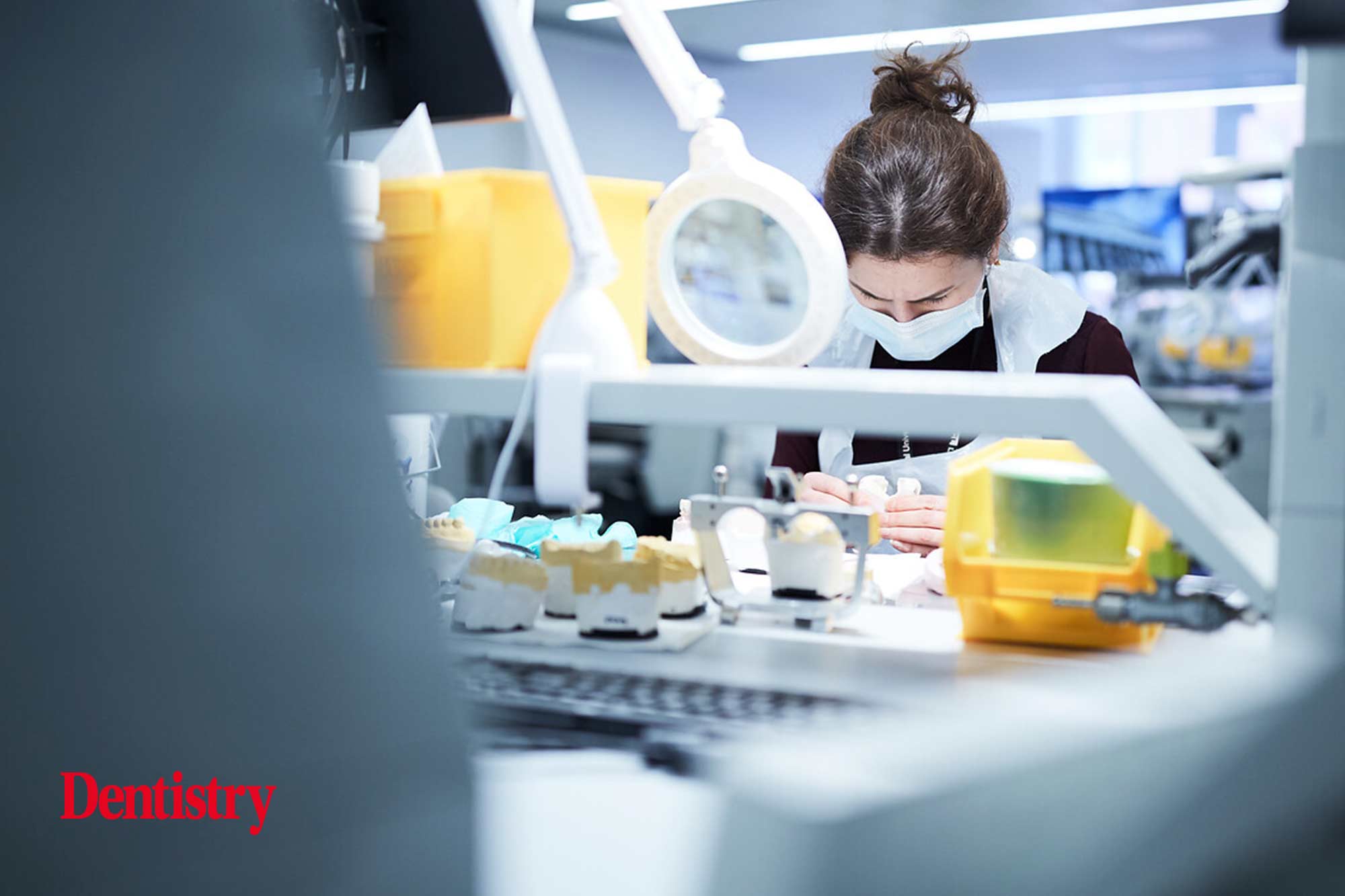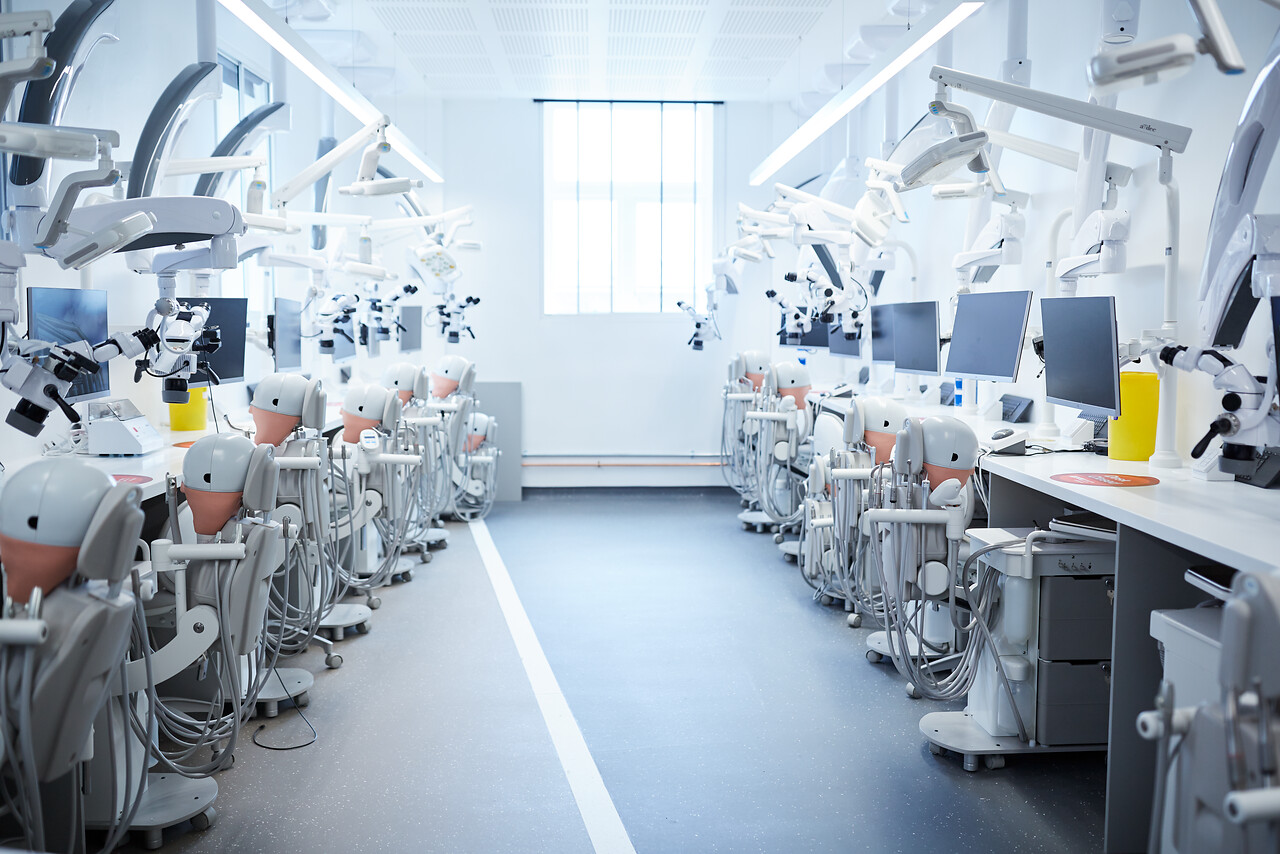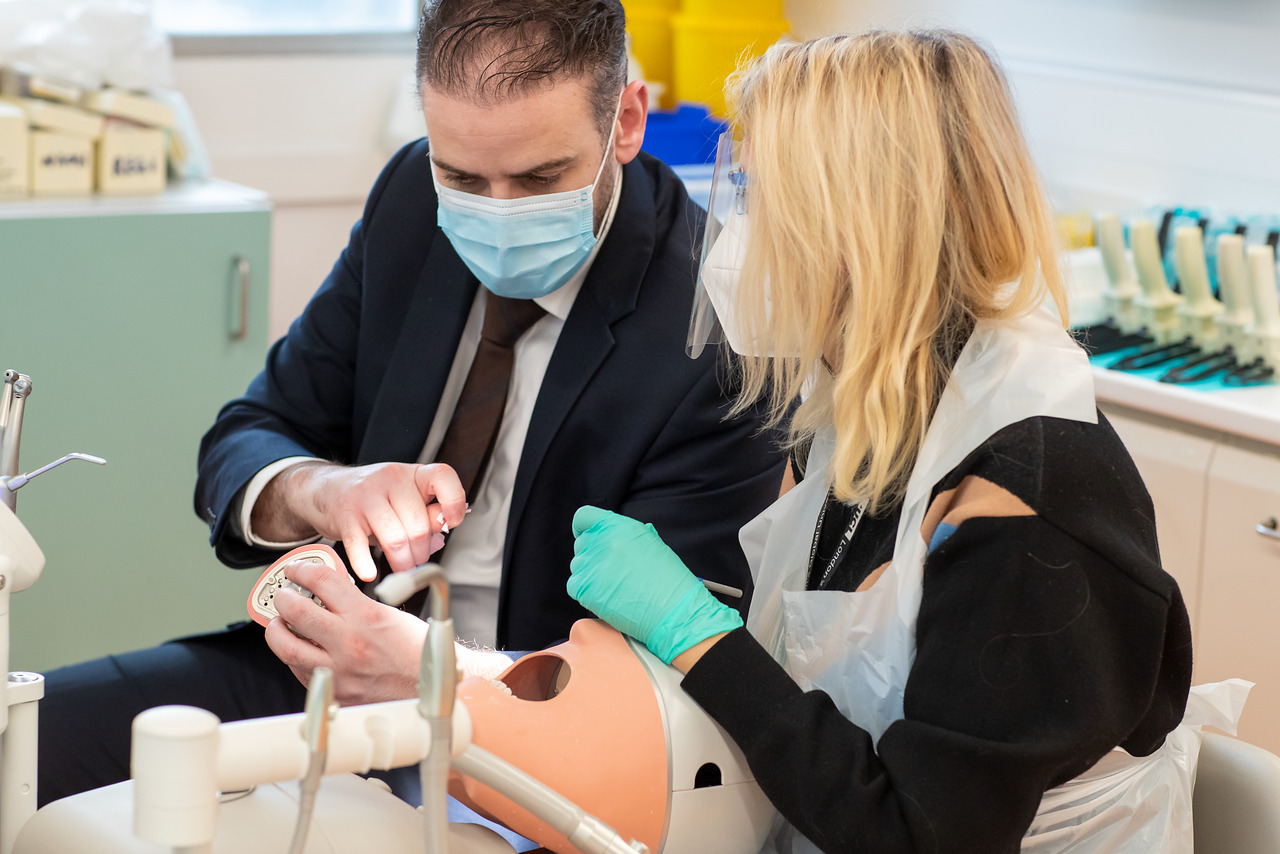
Neil Nathwani, deputy programme director and associate professor (clinical), discusses why the MSc in restorative dental practice might be the right path for you.
The Eastman Dental Institute’s prestigious three-year part-time masters (MSc) in restorative dentistry is designed to help colleagues gain confidence whilst enhancing and underpinning your skillset in all aspects of restorative dentistry.
This masters programme is delivered in three flexible stages – the postgraduate certificate, postgraduate diploma and then the MSc award level.
The course begins by addressing common knowledge-gaps in restorative dentistry. From here, you will develop your clinical skills and expertise systematically as you progress.
Throughout the course you will receive support in clinical case mentoring from experienced practitioners, in addition to problem-based learning.
The Eastman Dental Institute provides an open and supportive learning environment. You can develop alongside your fellow students who are in similar stages of their careers.
Your understanding and acumen of restorative dentistry, as well as confidence in delivering complete patient care, is raised to masters level through the close support curriculum of study.
Year one (postgraduate certificate)
The first year of the programme, at the Postgraduate Certificate stage, is run by Dr Neil Nathwani, associate professor (clinical).
You are actively supported and nurtured into the learning environment. This takes place through bespoke and small teaching groups with a high staff to student ratio.
You will receive personalised feedback in a relaxed learning environment congenial for the development of advancing skills in restorative dentistry.
Zahraa Al Ali is a current restorative dental practice MSc student and GDP at Huntingdon Dental Care, Cambridgeshire.
‘I have gained immensely from year one of the restorative dental practice masters programme.
‘There was a wide scope of topics covered on the course. But the highlight for me and the most influential was the knowledge I gained of occlusion.
‘This included its importance in treatment planning, and the skills required to take a retruded axis position record, a facebow and the appropriate articulation of the models.’
Great confidence
She added: ‘The acquired knowledge and understanding has allowed me to increase the vertical dimension in a controlled manner to treat cases of toothwear in a minimally invasive, conservative approach using adhesive dental materials applying the Dhal principle.
‘This was my first case treating localised toothwear with composite injection moulding and Dahl principle.
‘I gained the confidence to treat such cases with the knowledge and practical skills I acquired from the certificate year at the Eastman along with the support and guidance from my tutor, backed by literature in evidence-based dentistry.
‘Since then, I have treated many more cases of localised and generalised toothwear. This includes full mouth rehabilitation, and with great confidence.
‘I am now in the second year of the course at the diploma level. I built on the knowledge gained from last year. This course has definitely increased my scope of practice and the repertoire of cases I treat.
‘More importantly it has helped me to practice rewarding and enjoyable dentistry in a minimally invasive, conservative approach. This is ahead of and unlike any other institution around the world where prosthodontics principles still practice cutting down teeth.’


Year two (postgraduate diploma)
The second year, which is the postgraduate diploma level of the programme is run by Robert Stone, associate professor (clinical).
During this year you will build on the skills acquired during the first (certificate) stage of the programme. You will focus on more complex procedures in order to be able to provide high quality comprehensive restorative treatment of patients.
You are led through this phase of learning being closely supported, reinforcing your confidence and developing your competence. You’ll keep a clinical logbook of cases. As you apply the skills you’ve learnt in your clinical practice, this allows the tutors to oversee and deliver bespoke feedback on the learning process.
Year three (MSc)
The third year and final year of the programme is run by Peter Fine, associate professor (clinical).
During this stage you will complete a research project leading to a dissertation. On completion, you will achieve the full masters qualification in restorative dental practice from UCL Eastman Dental institute.
‘This highly renowned programme is invaluable for dentists who wish to enhance their knowledge and expertise in contemporary restorative dentistry for the benefit of their patients.
‘This part-time programme has been designed to allow students to continue to practise dentistry full-time in a primary care environment.
‘It also helps them to translate newly-acquired skills and understanding directly to patient care in a nurtured and seamless manner for the benefit of the patients.’
Professor Albert Leung is director of the MSc restorative dental practice programme.
The next intake of the course is January 2023, offering students the opportunity to begin their studies right away.
The Eastman Dental Institute looks forward to welcoming you to the restorative dental practice MSc programme, further information including taster days and how to apply can be found here.


